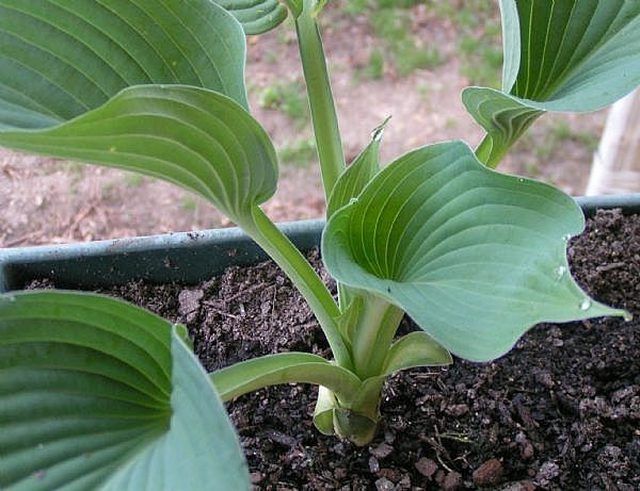Bulbs
Flower Basics
Flower Beds & Specialty Gardens
Flower Garden
Garden Furniture
Garden Gnomes
Garden Seeds
Garden Sheds
Garden Statues
Garden Tools & Supplies
Gardening Basics
Green & Organic
Groundcovers & Vines
Growing Annuals
Growing Basil
Growing Beans
Growing Berries
Growing Blueberries
Growing Cactus
Growing Corn
Growing Cotton
Growing Edibles
Growing Flowers
Growing Garlic
Growing Grapes
Growing Grass
Growing Herbs
Growing Jasmine
Growing Mint
Growing Mushrooms
Orchids
Growing Peanuts
Growing Perennials
Growing Plants
Growing Rosemary
Growing Roses
Growing Strawberries
Growing Sunflowers
Growing Thyme
Growing Tomatoes
Growing Tulips
Growing Vegetables
Herb Basics
Herb Garden
Indoor Growing
Landscaping Basics
Landscaping Patios
Landscaping Plants
Landscaping Shrubs
Landscaping Trees
Landscaping Walks & Pathways
Lawn Basics
Lawn Maintenance
Lawn Mowers
Lawn Ornaments
Lawn Planting
Lawn Tools
Outdoor Growing
Overall Landscape Planning
Pests, Weeds & Problems
Plant Basics
Rock Garden
Rose Garden
Shrubs
Soil
Specialty Gardens
Trees
Vegetable Garden
Yard Maintenance
How to Repel Flies and Mosquitoes Organically
How to Repel Flies and Mosquitoes Organically. If you love sitting outside on a fine summer day, but hate being bitten by mosquitoes or buzzed by flies, maintaining an herb garden is an organic solution. This article gives you simple step-by-step instructions on how to create your garden, and lists which plants are most effective as repellants.

If you love sitting outside on a fine summer day, but hate being bitten by mosquitoes or buzzed by flies, maintaining an herb garden is an organic solution. This article gives you simple step-by-step instructions on how to create your garden, and lists which plants are most effective as repellants.
Things You'll Need
Seedlings or seeds
Potting soil
Planter boxes or flowerpots
If you're pest-proofing your deck, patio or porch, select a spot for your plants that gets plenty of sun. Arrange planter boxes or attractive pots for maximum coverage. Decide which mosquito and fly repelling plants you're going to use, and keep things like their colors and height in mind when you create your design.

The simplest way to prepare your pots for planting is to put a layer of stones on the bottom for drainage, and then fill the pot with commercially available potting soil. More experienced gardeners can give you advice on optimal ways to grow potted plants, but with a little care these simple instructions will get you started.
The most effective anti-pest plants are: Citronella Grass, Catnip, Rosemary, Marigolds, Peppermint, Garlic, Eucalyptus, Tea Tree, Lavendar,
Artemisia, Basil, Pennyroyal, Rue, and Tansy. Some will be easier to find as seedlings than others. Follow the instructions that come with the seedlings, or that are printed on the seed packages. Generally, don't plant too shallow, and don't overcrowd.

Maintain your plants by watering them when the first top inch or two of the soil is dry. Prune dead leaves, and if the plants start to crowd the pot or planter box, carefully remove some and re-pot them.